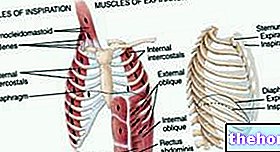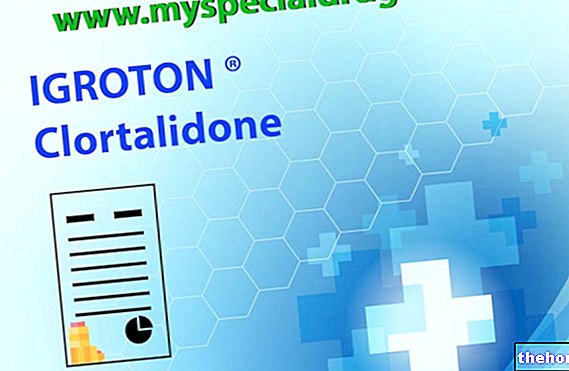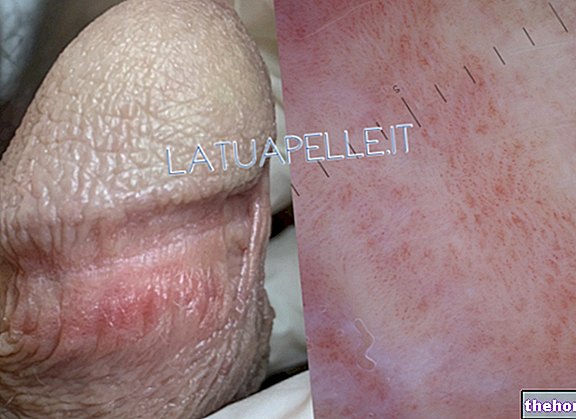Genital herpes is a viral disease, therefore caused by a virus. Specifically, the virus responsible for the infection is called Herpes simplex. Within a week of infection, Herpes simplex infection can manifest at the entry point of the virus. Such manifestations can be quite annoying, but it is also possible that the " Herpes simplex does not cause any obvious disturbances. In this regard, a relevant factor in the spread of genital herpes is precisely the unconscious transmission of the disease. It may happen, in fact, that a person is a healthy carrier of genital herpes, and can therefore transmit it to other people while not manifesting any disease-related symptom or disorder. Another bad news is that currently available treatments cannot cure the infection permanently. However, antiviral drug therapy is still effective in reducing the symptoms and manifestations of genital herpes.
The infection responsible for genital herpes can be caused by 2 different viruses, which are Herpes simplex type 1 and Herpes simplex type 2. It is precisely the latter, namely Herpes simplex type 2, a cause 80-90% of cases of genital herpes. Conversely, the minority of cases is linked to the Herpes simplex type 1 infection, which I remind you to be the same virus responsible for cold sores. Let me explain. Generally, Herpes simplex type 1 limits its action in the area of the mouth, lips and nose; however, during sexual intercourse of an oral nature this virus can spread by direct contact of the genitals with the infected labial mucosa. An important characteristic of all Herpes viruses is that after the infection and the first manifestations, they remain in the body, hiding in the nerve ganglia, where the immune system and drugs cannot attack them. Thus holed up, the Herpes viruses cannot cause problems or discomfort; they therefore remain in a latent state for long periods, which can be several weeks, months , years or even for a lifetime. This characteristic is also reflected in the course of genital herpes, which typically recurs; in practice, the disease recurs from time to time, with short and generally less severe episodes than the first infection.
From what has been said so far, I believe it is now clear that the transmission of genital herpes occurs mainly through unprotected sexual intercourse of various kinds. The infection, therefore, is transmitted vaginally, anal or through oral intercourse. Furthermore, the risk of contagion also hides behind the so-called petting. In fact, kisses, erotic caresses, rubbing of the genitals and mutual masturbation are also at risk, particularly when the oral or genital mucous membranes come into contact with vaginal secretions, precoital secretions and sperm. Sex toys used for sexual pleasure and exchanged during intercourse can also be a vehicle for infection. Finally, there is the possibility of vertical transmission, that is, from mother to baby during childbirth. Precisely in order to prevent neonatal infection, a caesarean section is recommended for pregnant women with ongoing infection and genital lesions from Herpes simplex.
Regarding the symptoms of genital herpes, we have already seen how the first Herpes virus infection, called primary infection, can be asymptomatic or manifest at the point of entry of the infectious agent. When present, the symptoms of genital herpes appear usually 4-7 days after the infection Generally, the first symptom to appear is an annoying burning sensation and tingling, localized in the area where the lesions will then appear. In the acute phase, in fact, the most characteristic sign is precisely the appearance of genital lesions, which appear as rounded vesicles gathered "in clusters". These bullous lesions are located on the mucosa or skin of the genitals and surrounding areas, and cause itching, pain and discomfort. Within a few days, these vesicles rupture, pouring out their contents and leaving small painful ulcers; this moment coincides with the phase of maximum contagiousness. In addition to genital signs and symptoms, the primary infection can be complicated by systemic symptoms, with the onset of fever, headache, joint pain, general malaise and difficulty urinating. As the disease progresses, the ulcers left by the rupture of the bullous lesions dry up. they heal until they disappear, just as happens to herpes lesions when it appears on the lips. As we have seen, once the infection is resolved, the virus becomes latent, that is, it takes refuge in the nerve ganglia and then periodically reactivates over time. reactivation are favored by stress, fever, excess alcohol, sun exposure, menstruation or more generally by a decline in immune defenses nitary. Relapses can be associated with the appearance of evident lesions or with the simple asymptomatic release of the virus.
To diagnose genital herpes, we start by observing the vesicles that appear during the acute phase, recognizable even with the naked eye. However, as we have seen, these manifestations are not always present, especially in the relapse phase. In suspicious cases, therefore, confirmation of the diagnosis is required by means of some laboratory tests. To ascertain positivity to genital herpes, a blood test can check for the presence of specific antibodies. In particular, these tests are able to differentiate antibodies directed towards Herpes simplex type 2 from those directed towards Herpes simplex type 1. The assessment may also include direct isolation of the virus from genital lesions.
Currently, there is no definitive cure for genital herpes, but using antiviral medicines you can relieve symptoms and shorten the healing time of lesions. In particular, the drugs recommended for the treatment of Herpes virus infection are those containing aciclovir, valaciclovir and famciclovir. These active ingredients hinder the multiplication of the virus, therefore they reduce the duration of the manifestations and make the episodes of the disease less serious. However, antiviral drugs cannot totally defeat the infection and do not even change the intensity and frequency of relapses after the end of the therapeutic cycle.
As for prevention, there is still no vaccine that can prevent genital herpes. For this reason, it is very important to adopt a suitable lifestyle to avoid the spread of this disease. The only effective prevention is to take precautions during sexual intercourse. Given the mode of contagion, condoms guarantee limited protection, as transmission is also possible through contact with skin and non-genital mucous membranes. However, the correct use of condoms still reduces the risk, and it is very important even in the case of simple contact between the genitals without penetration. As we have seen, even the therapy is only partially effective and does not eliminate the risk of transmitting the infection to the sexual partners For this reason, it is very important to abstain from sexual intercourse for the duration of the episode of genital herpes, because in this phase it is particularly contagious.




























